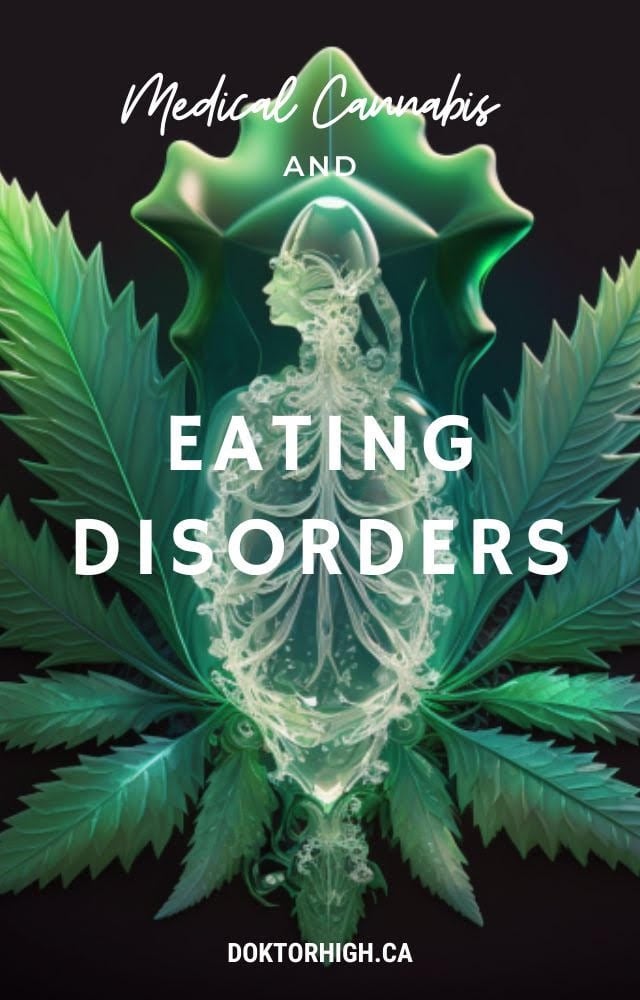

Eating disorders are complex mental health conditions that affect millions of people worldwide. They involve disturbances in eating behaviors, body image, and emotional regulation.
Traditional treatment approaches for eating disorders include therapy, medication, and nutritional counseling. However, there is growing interest in exploring alternative treatment options. In recent years, medical cannabis therapy has emerged as a potential adjunctive treatment for individuals suffering from eating disorders. This article explores the potential benefits of medical cannabis therapy for eating disorders, supported by scientific evidence and relevant studies.
Understanding Eating Disorders
Eating disorders encompass a range of conditions, including anorexia nervosa, bulimia nervosa, and binge eating disorder. They involve distorted attitudes toward food, weight, and body shape, and often co-occur with other mental health disorders. Eating disorders can have severe physical and psychological consequences and require a multidisciplinary approach for effective treatment.
Current Treatment Options for Eating Disorders
Treatment for eating disorders typically involves a combination of psychotherapy, medical management, nutritional counseling, and support from a multidisciplinary team. However, not all individuals respond adequately to conventional treatments, and alternative therapeutic options are being explored.
The Potential Role of Medical Cannabis Therapy
Medical cannabis therapy, derived from the Cannabis sativa plant, contains various active compounds called cannabinoids. The two most well-known cannabinoids are delta-9-tetrahydrocannabinol (THC) and cannabidiol (CBD). These cannabinoids interact with the body's endocannabinoid system, which plays a role in regulating appetite, mood, and stress response. Medical cannabis therapy has been proposed as a potential adjunctive treatment for eating disorders due to its potential effects on appetite, mood regulation, and anxiety reduction.
Eating disorders often involve disturbances in appetite regulation, leading to severe weight loss or weight gain. Medical cannabis therapy, particularly strains high in THC, has been reported to stimulate appetite. This effect, known as the "munchies," could potentially help individuals with eating disorders who struggle with reduced appetite or restricted food intake.
Mood dysregulation is common among individuals with eating disorders, and medical cannabis therapy has shown potential in mood regulation. CBD, in particular, has been studied for its anxiolytic and antidepressant properties. By interacting with the endocannabinoid system and influencing neurotransmitter systems involved in mood regulation, medical cannabis therapy may provide relief from mood-related symptoms associated with eating disorders.
Anxiety is frequently comorbid with eating disorders and can significantly impact an individual's well-being. Preliminary research suggests that medical cannabis therapy, particularly CBD, may have anxiolytic effects. CBD has been studied for its potential to reduce anxiety symptoms, potentially helping individuals with eating disorders manage anxiety-related symptoms.
Body Image Distortion
Distorted body image is a core feature of eating disorders. Medical cannabis therapy, through its potential effects on mood regulation and anxiety reduction, may help individuals develop a more positive body image perception. By targeting the underlying psychological factors contributing to body image distortion, medical cannabis therapy may aid in the overall treatment process.
Safety and Considerations
When considering medical cannabis therapy for eating disorders, it is crucial to consider potential side effects and individual responses. Common side effects of medical cannabis therapy include dry mouth, dizziness, changes in appetite, and temporary cognitive impairment. It is essential to start with low doses, monitor for side effects, and consult with a healthcare professional experienced in medical cannabis therapy.
